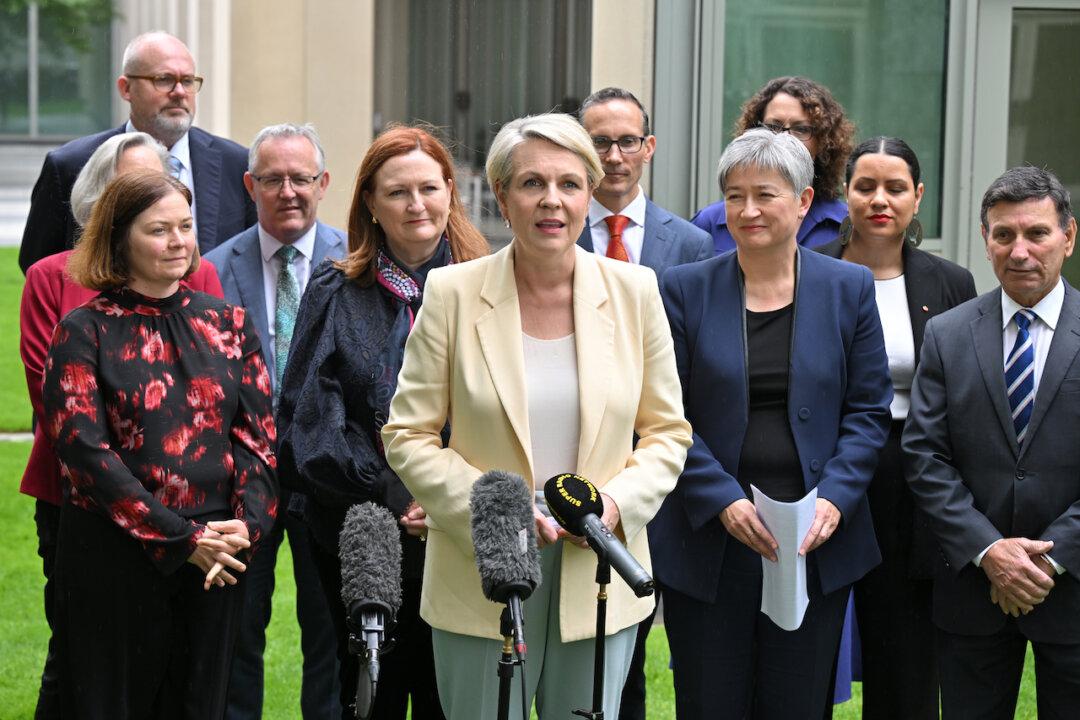The Senate has passed legislation that will see the controversial Murray-Darling Basin Plan moved forward to 2027, when Federal Labor expects the legislated 450 gigalitres of water to be allocated back to the environment.
Among a swathe of amendments to the current legislation, the “Restoring Our Rivers Bill”—a joint Labor and Greens initiative—will give the government more powers, including water buybacks, to recover water back to the basin.





